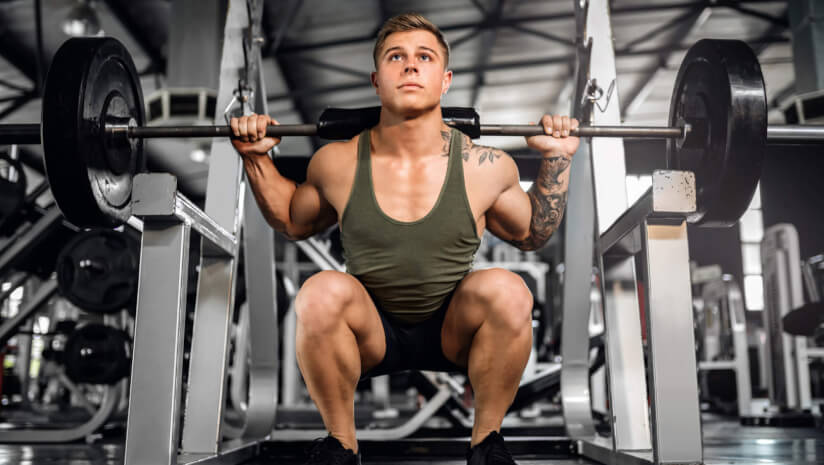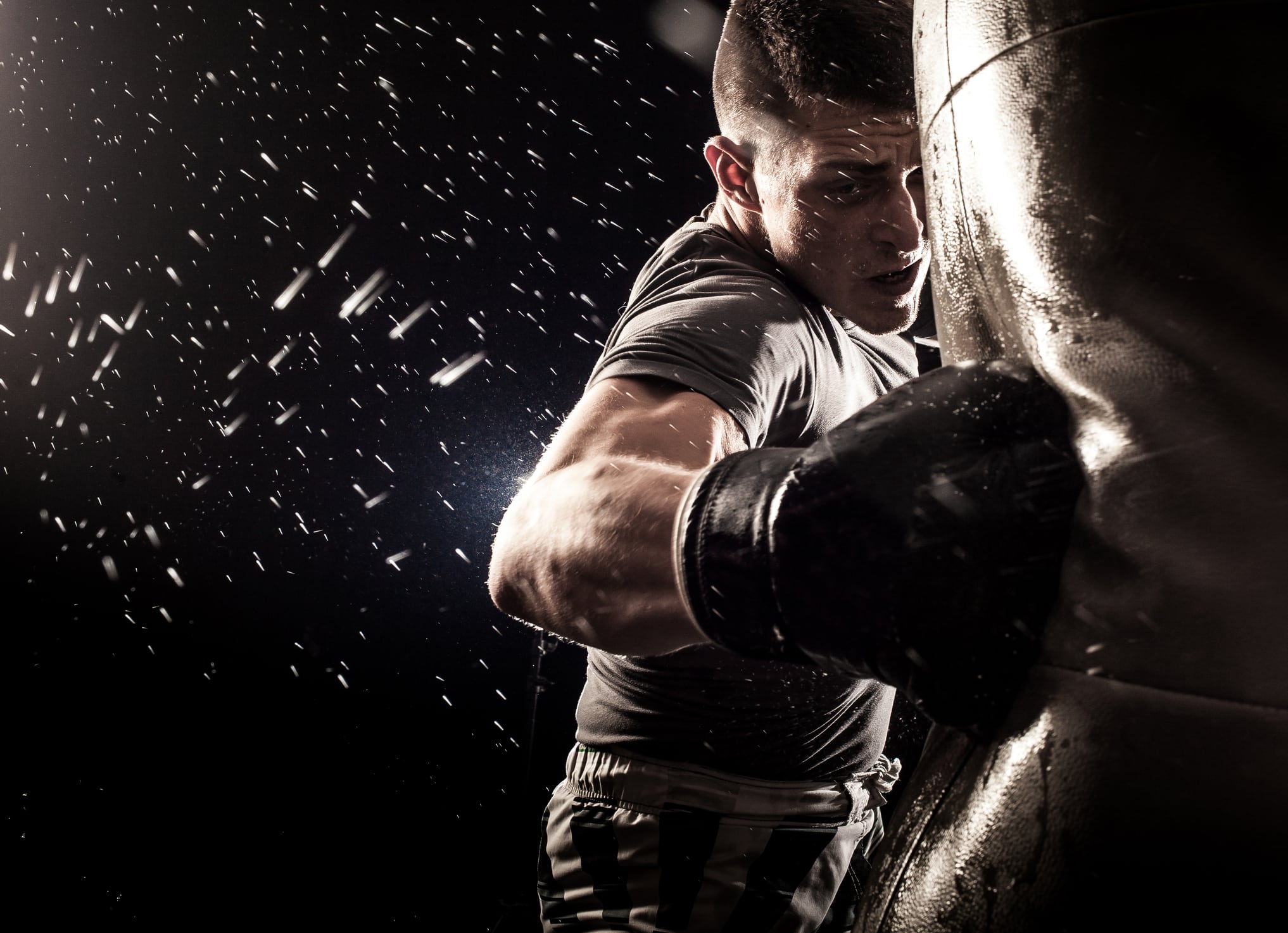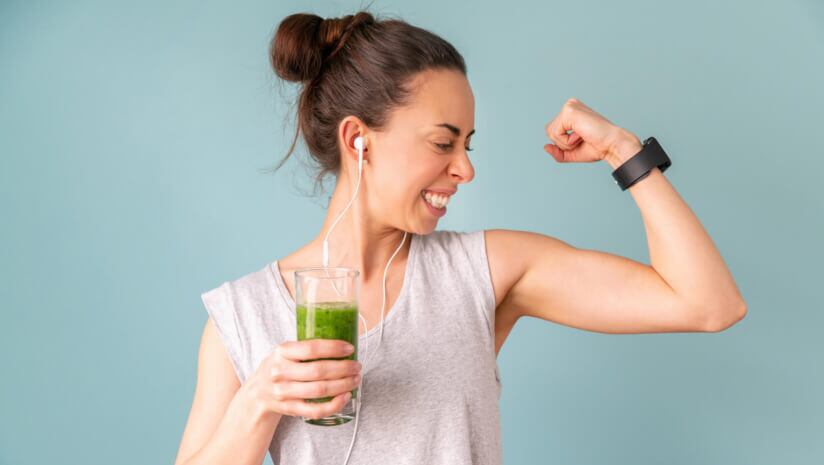Thirteen resistance-trained males showed increased strength and power in back squat exercises when consuming caffeine an hour prior to exercise. In addition, muscular endurance at 65% of one-repetition maximum (1RM) improved with a single dose of beetroot juice taken three hours prior to exercise, as well as when caffeine and beetroot juice were combined.
No differences in bench press were observed, suggesting that caffeine and beetroot juice may be more beneficial for athletes wanting to improve lower-body exercises.
“The main novel finding of the present study is that not only the single but the combined caffeine and beetroot juice supplementation increase muscular endurance performance,” wrote researchers at the Universidad de Alcalá and the Universidad Pontificia Comillas in Madrid, and the Universidad de Sevilla in Seville, Spain.
Practical implications
The researchers highlighted the summative effect of combined caffeine and beetroot supplementation, noting that they only observed this in resistance-trained males, and clearly, more studies on other populations are needed.
They observed that 6.5 mmol NO₃⁻ and 3 mg/kg caffeine had a “slightly superior effect on maintaining mean velocity and power output under fatigue.”
“Therefore, in disciplines requiring repeated high-intensity efforts (e.g., CrossFit or rugby), combined ingestion of beetroot juice and caffeine before competition or training could help maintain performance under conditions of muscular fatigue,” they wrote.
The positive effects of caffeine alone on muscular strength and power at high loads up to 100% 1RM may benefit “athletes aiming to maximize peak force production and velocity during strength-focused training or competition”.
To optimize the ergogenic effects, the researchers recommend considering supplementation timing, taking caffeine one hour before exercise and beetroot juice three hours before.
Study details
Thirteen resistance-trained males between the ages of 18 and 35 participated in the randomized, triple-blind, crossover, placebo-controlled study. The trial involved five visits to the laboratory at the same time of day.
On the first visit, the participants familiarized themselves with the tests and completed their diet, physical activity habits and body composition evaluations.
For the remaining visits, they were randomized to receive either 3 mg/kg caffeine an hour before the tests, 70 ml of beetroot juice containing 6.5 mmol NO₃⁻ three hours before the tests, caffeine plus beetroot juice, or a placebo. Each trial was separated by a three- to seven-day washout period.
The researchers assessed one-repetition maximum (1RM) of bench press and back squat exercises, muscular strength and power, muscular endurance, isometric strength and vertical jump ability. At the end of the trial, participants filled out questionnaires relating to their perception of power and mood.
“Our results suggest that when muscular strength and power are required, only the isolated ingestion of caffeine improves performance by increasing mean velocity and power production at 75%, 90% and 100%,” the researchers wrote.
“However, when muscular endurance is required, the single and combined ingestion of beetroot juice and caffeine improves performance in the back squat but not in the bench press exercise, by increasing the number of repetitions, mean velocity and power production,” they added, noting the potential combination effect.
The researchers called for further larger-scale studies in different populations to evaluate the additive physiological effects of both supplements.
Source: Sci Rep 15, 16781 (2025). doi: 10.1038/s41598-025-02021-y. “Single and combined effect of beetroot juice and caffeine intake on muscular strength, power and endurance performance in resistance-trained males”. Authors: J.J. Montalvo-Alonso et al.



